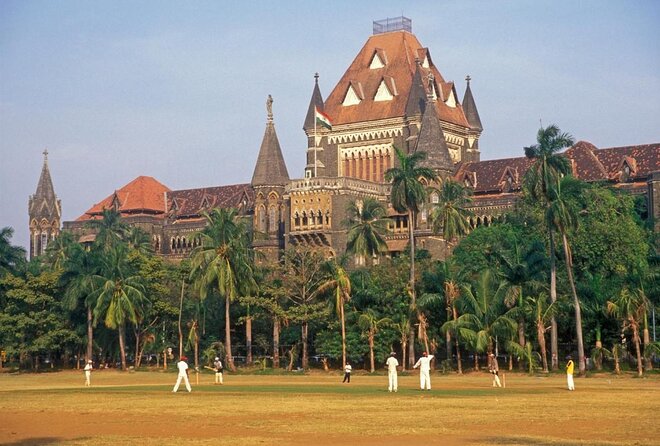Justice Prithviraj K Chavan noted an increase in cases of immoral trafficking and asserted that the accused should receive no leniency in the sentencing due to the severity of the offense.
In the case of State of Maharashtra v. Vijay Dive, the Bombay High Court, in emphasizing the imperative to combat the societal menace of immoral trafficking, sentenced a man to ten years of rigorous imprisonment for kidnapping and attempting to sell a 14-year-old girl for prostitution.
Justice Prithviraj K Chavan remarked on the escalating cases under the Immoral Traffic (Prevention) Act (ITPA), asserting that the accused should receive no leniency in the punishment imposed on him.
“The Immoral Traffic (Prevention) Act (ITPA) stands as a robust legal framework aimed at combating the scourge of human trafficking, particularly when involving the inducement or transportation of a child or minor for prostitution. The accused in this case unquestionably committed the aforementioned offenses, and consequently, compassion is unwarranted. To effectively deter such social evils, the court believes that a certain level of punitive measure is essential. Therefore, after careful consideration of the complete evidence and facts on record, the court opined that the following sentence would serve the interests of justice.”
Earlier, Vijay Dive, the accused, had been acquitted by a sessions court in Nashik for charges under Sections 363 and 366A (kidnapping and procuring a minor girl) of the Indian Penal Code, as well as Section 5 of the Immoral Trafficking (Prevention) Act.
The accusations against him involved enticing a 14-year-old minor from his neighborhood to accompany him, with an attempt to sell her in Thakare Galli, a red-light area in Nashik.
The Maharashtra government contested the sessions court’s decision in the High Court. The prosecution leaned on the testimony of a brothel manager in the area whom Dive had approached for trafficking the minor.
Dive contended that the minor insisted on accompanying him, despite his initial reluctance. The Court dismissed these assertions, highlighting that the victim, being a 14-year-old minor, rendered the claimed voluntariness inconsequential. The Court concluded that the act amounted to kidnapping.
Additionally, the Court observed from the evidence that Dive frequently visited the red-light area in Nashik and had previously brought numerous women to that location for trafficking. This led the Court to infer that Dive was not an innocent individual.
The High Court overturned the trial court’s decision, noting that it had overlooked a crucial aspect regarding why the accused had taken the victim to the red-light area where brothels were situated.
“The perspective adopted by the trial court appears implausible given the existing facts and circumstances. Upon a thorough reevaluation of the entire evidence on record, I find it necessary to reverse the trial court’s decision to ensure justice is served. There is a significant likelihood of the respondent being involved in trafficking, and any doubts in this regard are unfounded,” declared the High Court.
Consequently, the judge found Dive guilty and imposed a sentence of ten years of rigorous imprisonment along with a fine of ₹50,000.



